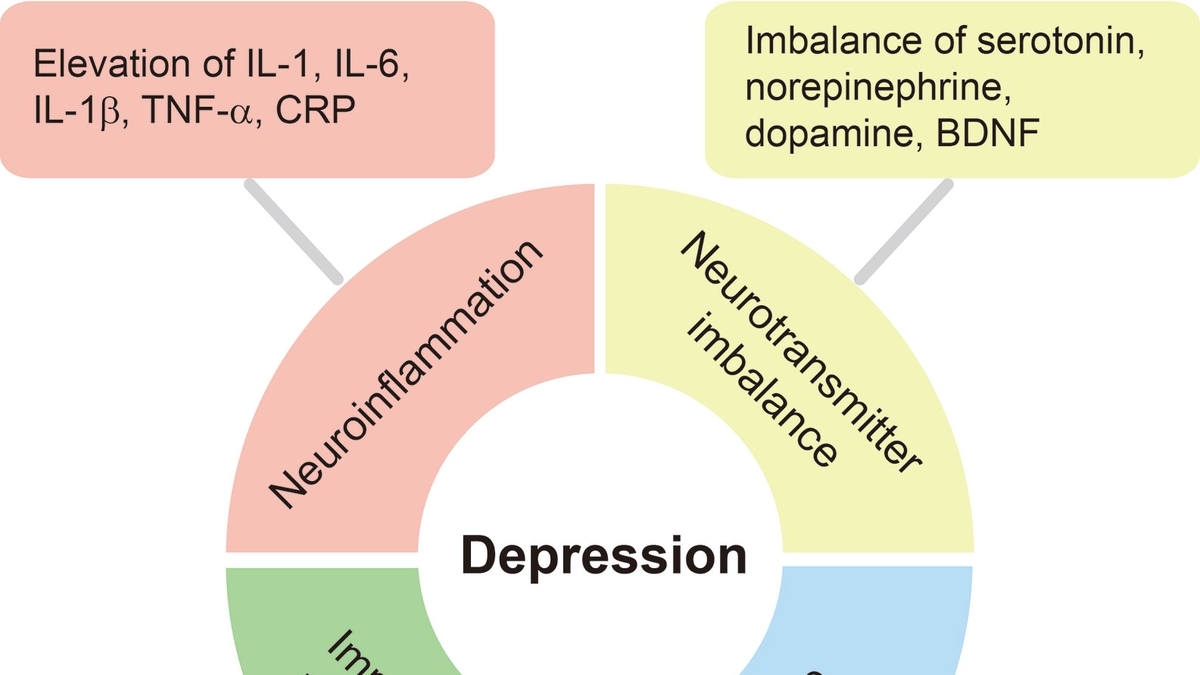
Exploring the Connection Between GLP-1 Medicines and Mental Health
A recent analysis of over 4 million patient health records has indicated that GLP-1 medicines, such as the diabetes and weight loss drugs Wegovy and Zepbound, may have an unexpected positive impact on mental health. The data suggests that individuals prescribed these medicines were less likely to experience anxiety and depression. This potential dual effectiveness of GLP-1 drugs, addressing physical health through weight loss and glucose control, and potentially improving mental health, is an exciting prospect. However, it’s essential to note that while these findings are promising, formal studies are required to confirm these effects.
GLP-1 Medicines and Mental Health: What Does the Research Say?
GLP-1 drugs, including tirzepatide, semaglutide, dulaglutide, and exenatide, have been associated with a reduced likelihood of depression diagnosis in patients with diabetes, according to a study published by Epic Research. Among these, tirzepatide demonstrated the most significant decrease in depression development. The study suggests that the positive impact on mood may be linked to weight loss, as obesity often correlates with inflammation and societal biases, leading to mental health challenges. However, it is important to remember that this study is retrospective and correlational, prompting a need for further research to isolate whether GLP-1 drugs directly impact mood or if their effect is primarily through weight loss.
Increasing Recognition of the Connection Between Weight Loss, Diabetes, and Mental Health
An article on StatNews draws attention to the complicated connections between weight loss drugs, specifically GLP-1s, and mental health. The article emphasizes the importance of collaboration between endocrinologists and psychiatrists to address the impact of these medications on mental health. It also highlights the FDA’s warnings about the risk of suicidal thoughts and self-injury associated with GLP-1s. At the same time, it points out a study showing a lower risk for suicidal ideation in those taking semaglutide. The article underscores the integral link between mental health and weight loss and the need for further research and close collaboration between doctors treating the body and the mind.
The Potential of GLP-1 Drugs to Revolutionize Patient Care
The potential for GLP-1 drugs to address not just physical health but also mental health is a significant consideration in the broader conversation about how and when to pay for these medications. If confirmed, these effects could revolutionize patient care, particularly for those dealing with both obesity and mental health issues. With the cost of GLP-1 medications potentially intimidating for some patients, it’s encouraging that some insurance companies may cover these drugs if the individual meets certain medical qualifications.
The Future of GLP-1 Drugs and Mental Health
While the potential mental health benefits of GLP-1 drugs are certainly intriguing, further studies are needed to understand the specific effects of different GLP-1 drugs on mental health. The intersection between obesity and mental health is a pressing issue, and the potential mental health benefits of these drugs could have profound implications for patient care and benefits coverage. As research continues in this exciting area, it’s clear that the potential of GLP-1 drugs to improve both physical and mental health offers hope for a more holistic and integrated approach to patient care.
